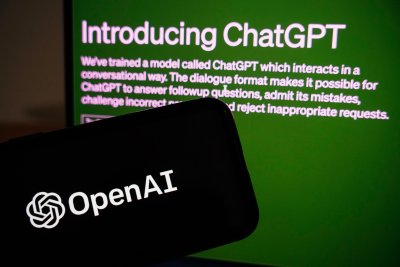F1 Q&A: Albon, Red Bull and comparing drivers; Belgian Grand Prix and race rotation; 2026 engines, track surfaces
With the power units being made simpler next year, will they generate more noise than presently (I accept they will never sound like they did up until 2013)? I consider it an embarrassment for the sport that the F3 cars (and Porsche Cup cars) that also race on the F1 weekends are louder than the main event – Raffi
The impression might be that the new engines being introduced next year should be louder because they will no longer have an MGU-H – the device that recovers energy from the turbo.
But I am told that while they might be a little louder than currently, they won’t be that different, because they still have turbos, which is the overriding impact on the sound.
As you may have read, there is a push from governing body the FIA at the moment to return F1 to older-style naturally aspirated engines, and that’s partly because of the noise.
Initially, this seems to have come from a whim of FIA president Mohammed Ben Sulayem, with influence from Bernie Ecclestone and Christian Horner, rather than a reasoned opinion based on thorough research of the desires of the audience.
However, it does chime with concerns that exist about how F1 will look next year because of the energy-recovery demands of the new engines, which have close to 50% of their total power output coming from the electrical part of the engine.
From what I’m told about fan surveys done by F1, there is no widespread agreement on whether louder engines would be a positive.
Some – like Raffi – obviously think they would be.
But the F1 fanbase has changed a lot in recent years, and inside the sport there is concern that newer members of the audience – more women and children now come to races, for example – would not welcome engines that made so much noise as to be virtually deafening, that made ear defenders an absolute necessity, that stopped people having a comfortable conversation when the race was on, etc. Likewise the guests in the corporate boxes.
Equally, city races such as Miami and Las Vegas would be threatened if the cars suddenly became much noisier than was promised to residents when discussions about the races took place.
It would highly likely revive the complaints that used to take place in Melbourne about this, too.
The world has moved on in many different ways since the first decade of this century, and it’s far from clear that effectively turning the clock back 20 or 30 years would be a good idea, even if it was with the addition of a token hybrid element to the engines and sustainable fuel.
Talks are ongoing on the future direction of engines from 2030 or so onwards, but they are a long way from reaching a conclusion.
There is a sense that V8s might return – many manufacturers in F1 still make V8s for road cars. But most say a hybrid element is non-negotiable, and some – such as Audi – are currently insisting on a turbo, too. A conclusion is a long way away.


